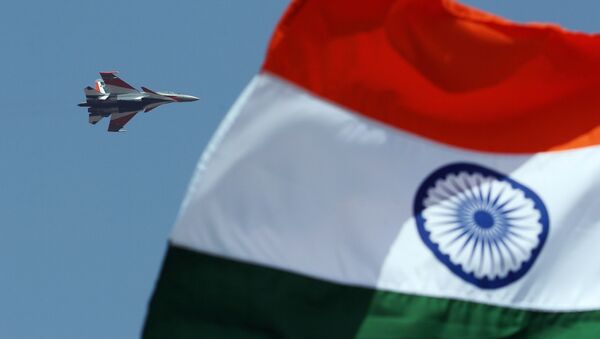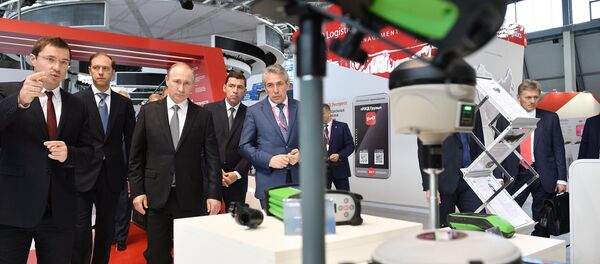"If India will work with some other countries, cooperation with Russia will cease. No. There are defense products and technology that no one else will give except Russia. And, Russia has always been and will be a strategic partner of India," PTI quoted Chemezov while interacting with a group of reporters on the sidelines of Russia's premier air show MAKS 2017.
India enjoys considerable defense ties with Russia and purchases nearly 70% of its defense hardware and equipment from Moscow.
But in recent years, India is making attempts to diversify its defense suppliers as relations with the US and Israel has improved. Prime Minister Narendra Modi became the first Indian premier to visit Israel last month.
Even under a revisionist Donald Trump administration, the US has designated India a major defense partner. India has also inked a multi-million dollar deal with France for the purchase of 36 Rafale fighter jets last year.
While India's defense ties with the countries listed above are more or less based on a simple buyer-seller equation, India maintains a strategic partnership with Russia and is involved in co-production, research and development and other technical cooperation. Both countries have now agreed to boost job development as well under the Make in India initiative. For instance, the SU-30MKIs are manufactured in India by Russia.
"With regard to cooperation with India, it is aimed not only at selling products, but we are also transferring technology. It began with the late 90s with the sale of licenses for SU-30MKIs," Chemezov said.
Experts agree that India-Russia ties are privileged and enjoy immense trust. They add with growing commercial ties, the bilateral relationship is on the cusp of a major transformation.
"Needless to say, India-Russia ties are special in defense hardware. In fact, there is no other country with which we have such diverse and multiple levels of defense ties. What needs to be seen that in the long-term relations between both countries will surely transform as more people-to-people contacts grow and translate into business interactions," Dr Dhananjay Tripathi, Assistant Professor, South Asia University, told Sputnik.



